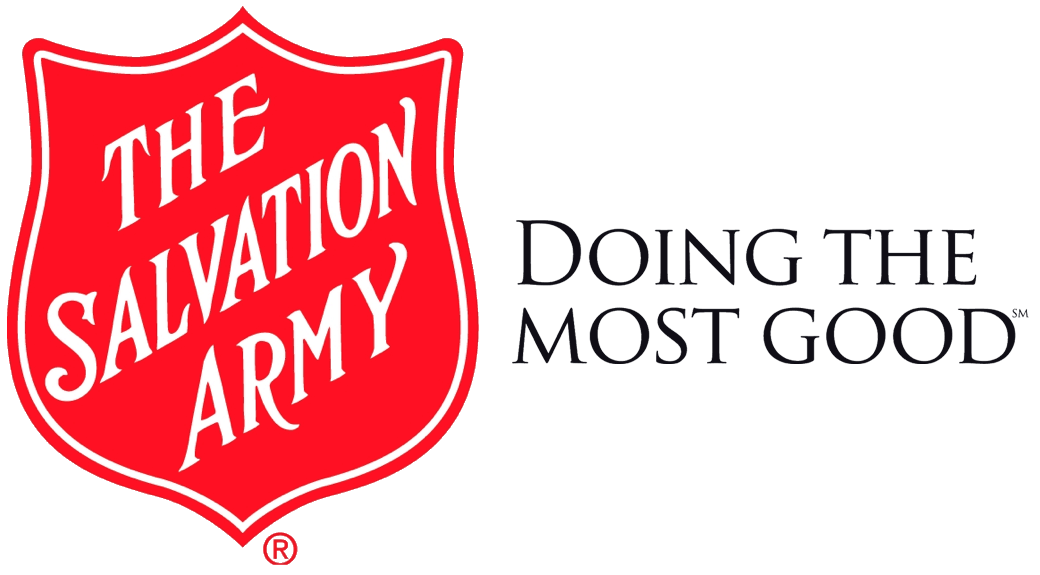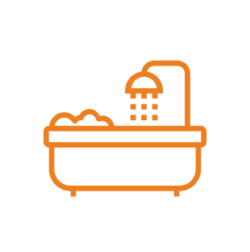General
- Turn off computers, video games, televisions and other appliances not being used.
- Look for the ENERGY STAR label when buying new appliances.
- Air-dry dishes.
- Keep the refrigerator door closed. Every time the door is opened, warm air enters and requires energy to cool it back down.
- Turn lights off when not in use. On short winter days, instead of leaving lights on while not at home, consider installing timers.
- Install motion detectors or daylight sensors on exterior floodlights to lower operating costs.
Space Heating
- Set thermostats comfortably low in the winter and comfortably high in the summer.
- Consider installing a programmable thermostat.
- Caulk and weather-strip windows and doors that leak air.
- To help keep cold air out, use plastic sheeting installed on the inside of your windows.
- Clean or replace air/furnace filters monthly.
- Check dampers in unused fireplaces; close if open.
- Install draft blockers. These inexpensive foam plates fit behind electrical outlets to reduce drafts that enter those spaces.
- Close vents in unoccupied rooms.

Clean or replace air/furnace filters monthly.
Hot Water Use
- Check the temperature on your water heater and set it to Warm or Low, never more than 120 degrees Fahrenheit.
- Install low flow fixtures, such as faucet aerators.
- Wash full loads of laundry in cold water, using specially formulated cold-water detergents.
- Turn off faucets immediately after use. This can save the energy needed to heat the water, and thousands of gallons of water each year.
- Repair leaks in fixtures, such as faucets and showerheads.
- Take a shower instead of a bath. The average bath uses twice as much hot water as a five-minute shower.





